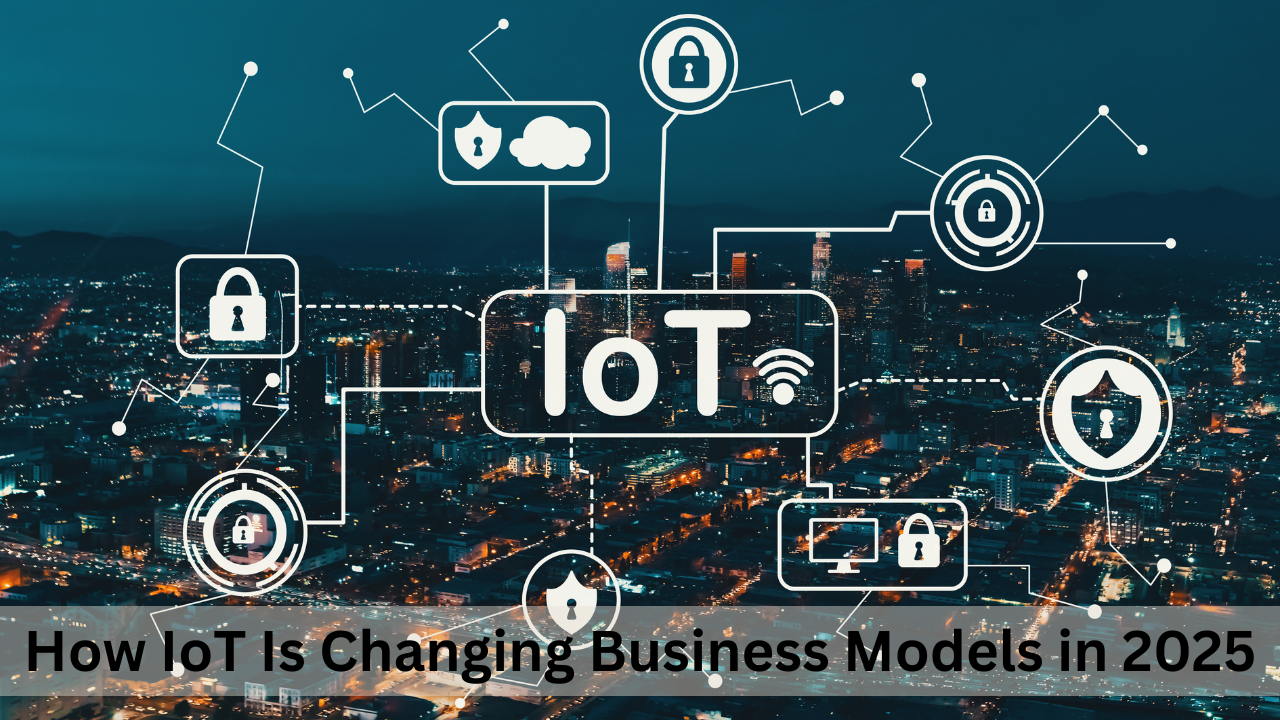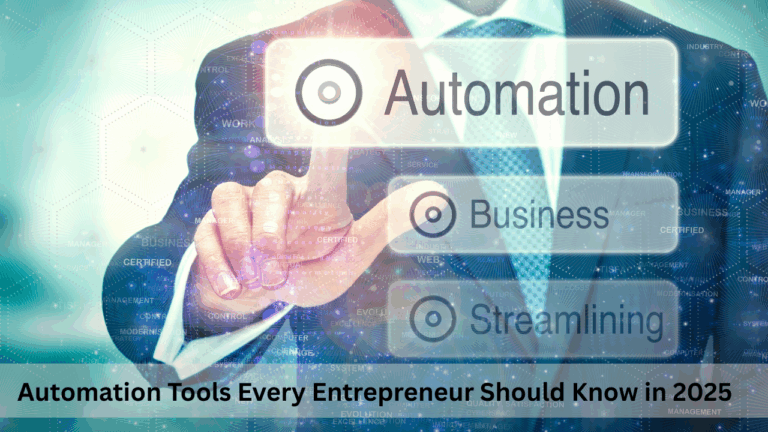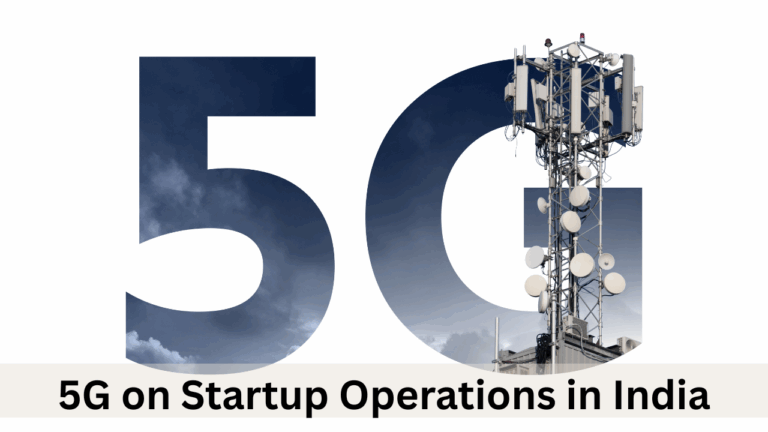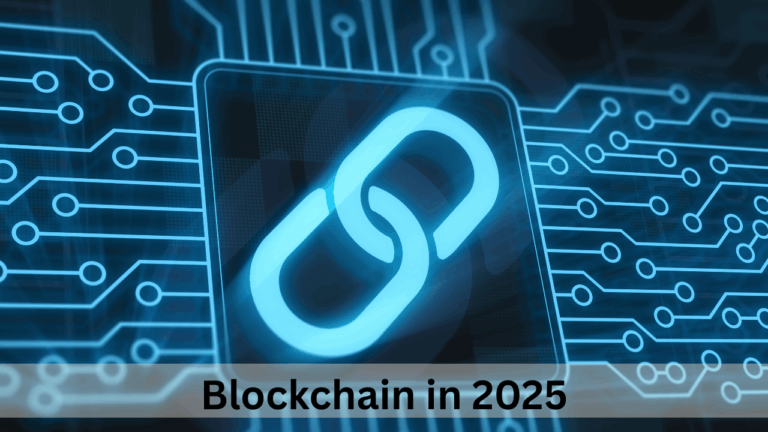How IoT Is Changing Business Models in 2025: A Simple Guide for Indian Entrepreneurs
The Internet of Things (IoT) is no longer just a tech buzzword. It’s becoming a powerful tool for startups, factories, shops, and even farms across India. From improving delivery systems to managing machines remotely, IoT is helping businesses save time, cut costs, and serve customers better.
If you are a business owner or aspiring entrepreneur, now is the time to understand how IoT can work for you. In this article, Entrepreneurs breaks down what IoT is, how it works, and how it fits into modern business models in a simple way.
What Is IoT in Simple Words?
IoT stands for Internet of Things. It refers to smart devices connected to the internet that collect and share data. These devices can “talk” to each other and help businesses make faster, smarter decisions.
For example:
- A delivery company can track the location of all its vehicles in real-time.
- A store can monitor which products are selling and restock automatically.
- A factory can detect when a machine is about to break down and fix it before it fails.
Why Are Indian Businesses Using IoT?
India is one of the fastest-growing markets for smart devices. From small kirana stores to large factories, businesses are using IoT to stay ahead of the competition. Some key reasons:
- Saves time and money
- Improves service and customer satisfaction
- Reduces human error
- Supports faster decision-making
Real-Life Examples of IoT in India
Here are some real examples where IoT is changing the way business is done:
1. Agriculture
Farmers are using sensors in the soil to track water levels and send alerts to their phones. This avoids over-watering and saves resources.
2. Retail
Big retailers use IoT for smart shelves that track stock levels. This helps them avoid running out of popular products during festive seasons.
3. Healthcare
Hospitals are using wearable devices to monitor patients’ health remotely. This has been especially useful in rural areas where access to doctors is limited.
4. Logistics
Delivery companies track packages and vehicles using GPS and IoT tools. This improves delivery timing and reduces losses.
How IoT Fits into Modern Business Models
Today’s business is not just about buying and selling. It’s about understanding customers, managing operations smartly, and growing sustainably. Here’s how IoT helps:
- Product as a Service: Instead of selling products, some companies now offer services using those products. For example, smart water purifiers that are rented and maintained based on real-time data.
- Data-Driven Decisions: Businesses can see trends and act fast. For instance, a cold storage unit can alert the owner if temperature levels are going wrong.
- Predictive Maintenance: Machines tell you when they need servicing. This avoids breakdowns and saves on repair costs.
What Are the Challenges?
IoT is powerful, but it comes with a few challenges:
- Data Security – Keeping customer and business data safe is a must.
- Initial Setup Costs – Sensors and smart devices need investment.
- Internet Dependence – Poor connectivity in some areas can be a hurdle.
- Skill Gap – People need training to manage and read the data correctly.
Still, with government support through schemes like “Digital India” and “Startup India,” IoT adoption is growing steadily in every sector.
Final Words
IoT is not just for tech giants. It is becoming a strong partner for Indian entrepreneurs across all sectors. Whether you run a factory, a shop, or a service business — smart devices can make your work easier and more efficient.
It’s time for small businesses to think big, and IoT can help bridge that gap.
For more business ideas, startup tools, and real-world case studies, visit Entrepreneurs — your source for practical business knowledge made simple.







